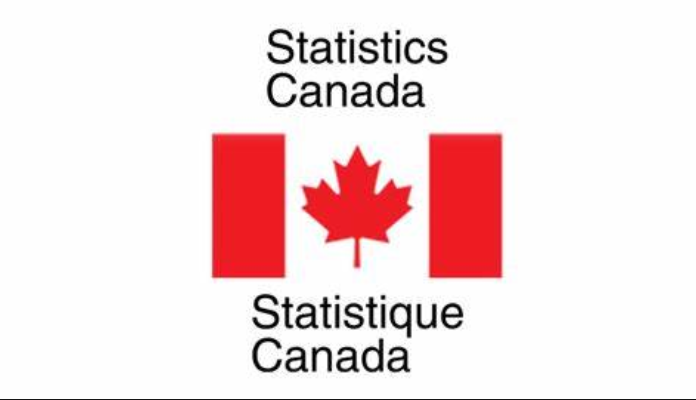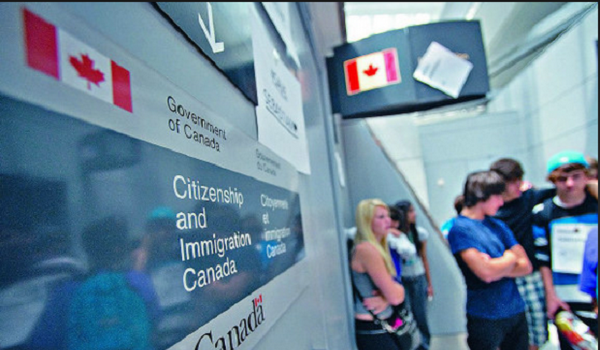Canada inflation accelerates to 2.9 per cent in May – an obstacle to July rate cut
Inflation unexpectedly surged in Canada less than three weeks after the central bank led its Group of Seven peers into rate cuts, a potential setback for policymakers as they weigh easing monetary policy further.
The consumer price index rose 2.9 per cent in May from a year ago, up from 2.7 per cent a month earlier, primarily due to higher prices for services, Statistics Canada reported Tuesday in Ottawa. That’s faster than the median estimate of 2.6 per cent in a Bloomberg survey of economists.
On a monthly basis, the index climbed 0.6 per cent, versus expectations for a 0.3 per cent gain and up from 0.5 per cent in April. On a seasonally adjusted basis, inflation rose 0.3 per cent.
The central bank’s two core inflation measures also increased, averaging a 2.85 per cent yearly pace, faster than the 2.7 per cent expected by economists and from downwardly revised 2.7 per cent a month earlier.
Tuesday’s data broke a four-month string of easing price pressures since the start of this year. The reacceleration of both headline and core inflation will likely caution the Bank of Canada against a second consecutive interest rate cut next month as policymakers wait to confirm whether the latest setback is temporary.
A three-month moving average of the rate rose to an annualized pace of 2.52 per cent, from 1.64 per cent in April, according to Bloomberg calculations.
Governor Tiff Macklem and his officials lowered the benchmark overnight rate by 25 basis points to 4.75 per cent earlier this month, the first Group of Seven central bank to kick off an easing cycle. After seeing four straight monthly declines in underlying pressures, they said they were more confident inflation was headed to the two per cent target and that monetary policy no longer needed to be as restrictive.
May’s inflation print is the first of two reports before the next Bank of Canada’s rate decision on July 24. The majority of economists in a Bloomberg survey expect policymakers to hold borrowing costs steady at that meeting before easing again at the next meeting in September.
Macklem reiterated on Monday that it’s reasonable to expect further policy reduction if price pressures continue to ease, and that policymakers don’t want to lower rates “too quickly” and jeopardize progress on inflation.
In May, mortgage interest costs and rent remained the biggest contributors to the annual change in the rate of inflation. Mortgage interest costs jumped 23.3 per cent and rent rose 8.9 per cent on a yearly basis. Excluding shelter costs, the consumer price index rose 1.5 per cent from a year ago, versus 1.2 per cent in April.
Excluding food and energy, the index rose 2.9 per cent from a year ago, up from 2.7 per cent. Services inflation was up 4.6 per cent, compared with 4.2 per cent in April.
Food inflation rose 2.4 per cent, versus 2.3 per cent in April. Grocery prices increased 1.5 per cent from a year ago, the first acceleration since June 2023, and rose 1.1 from the previous month, the biggest monthly gain in 17 months.
Regionally, prices increased at a faster pace from a year ago compared with April in six of 10 Canadian provinces, including Ontario and Quebec.
The release incorporates new basket weights from Statistics Canada, but they didn’t impact the headline yearly CPI change, the agency’s analysts said.
This article was first reported by BNN Bloomberg












